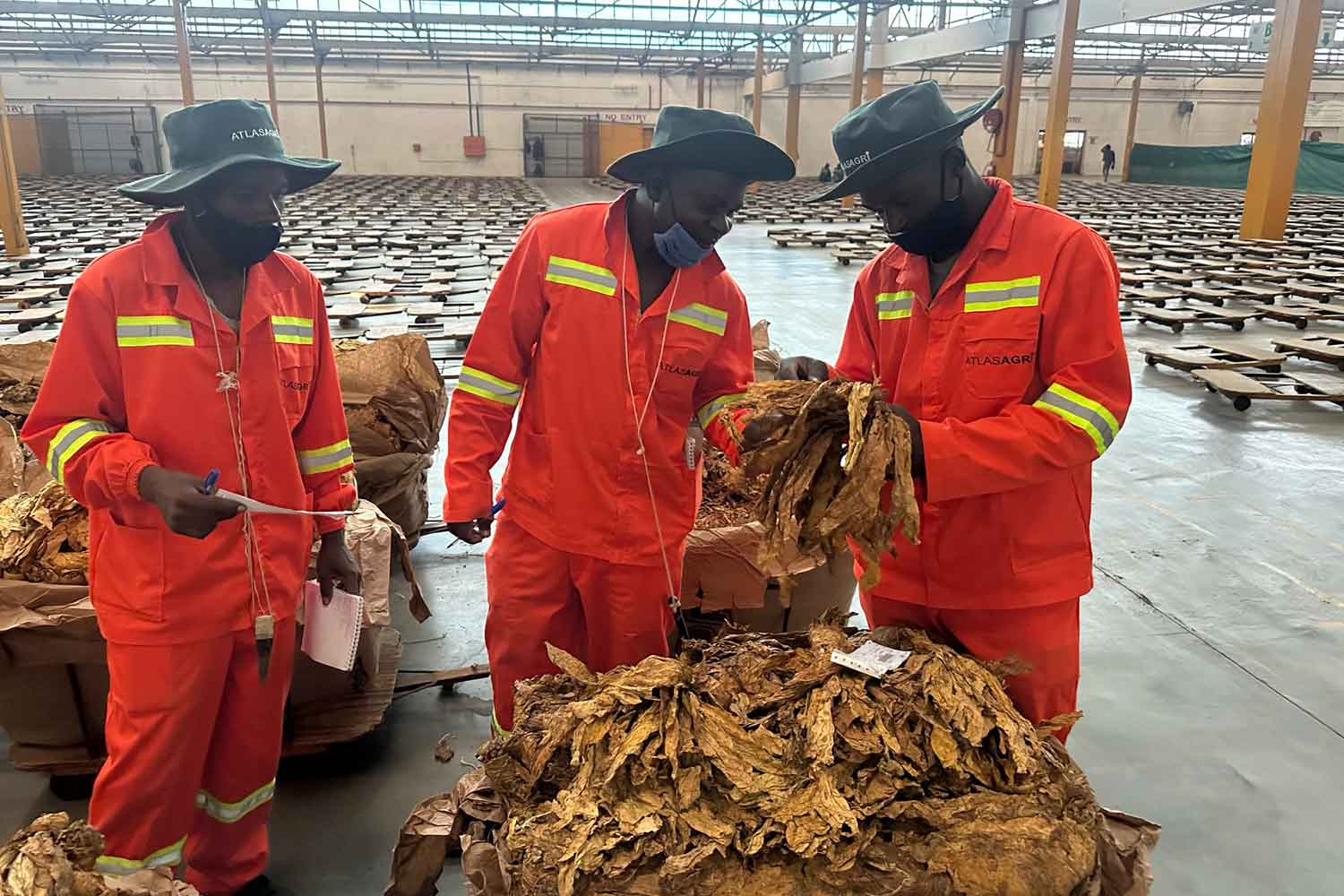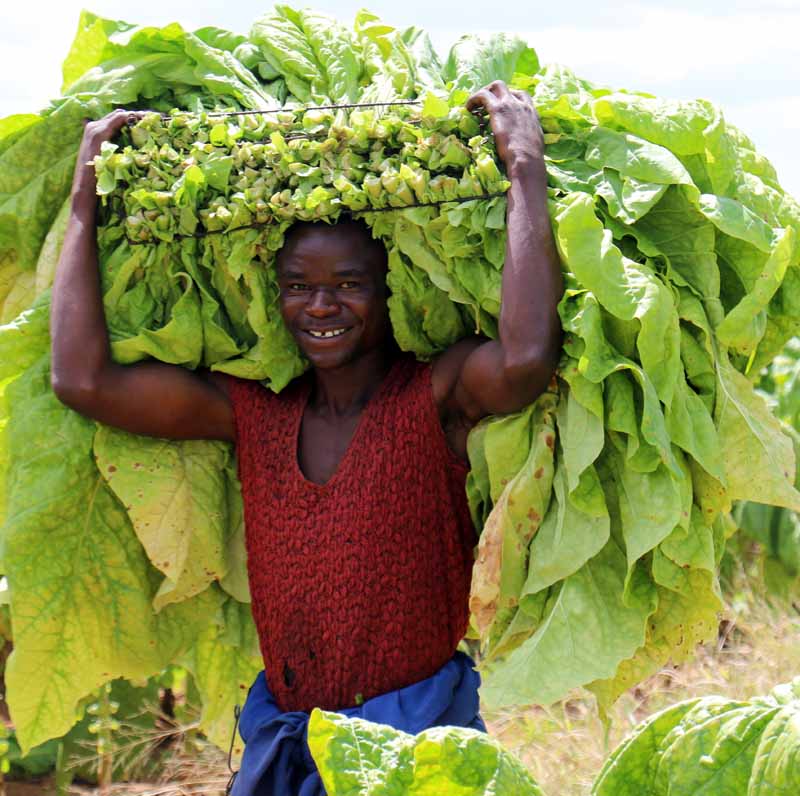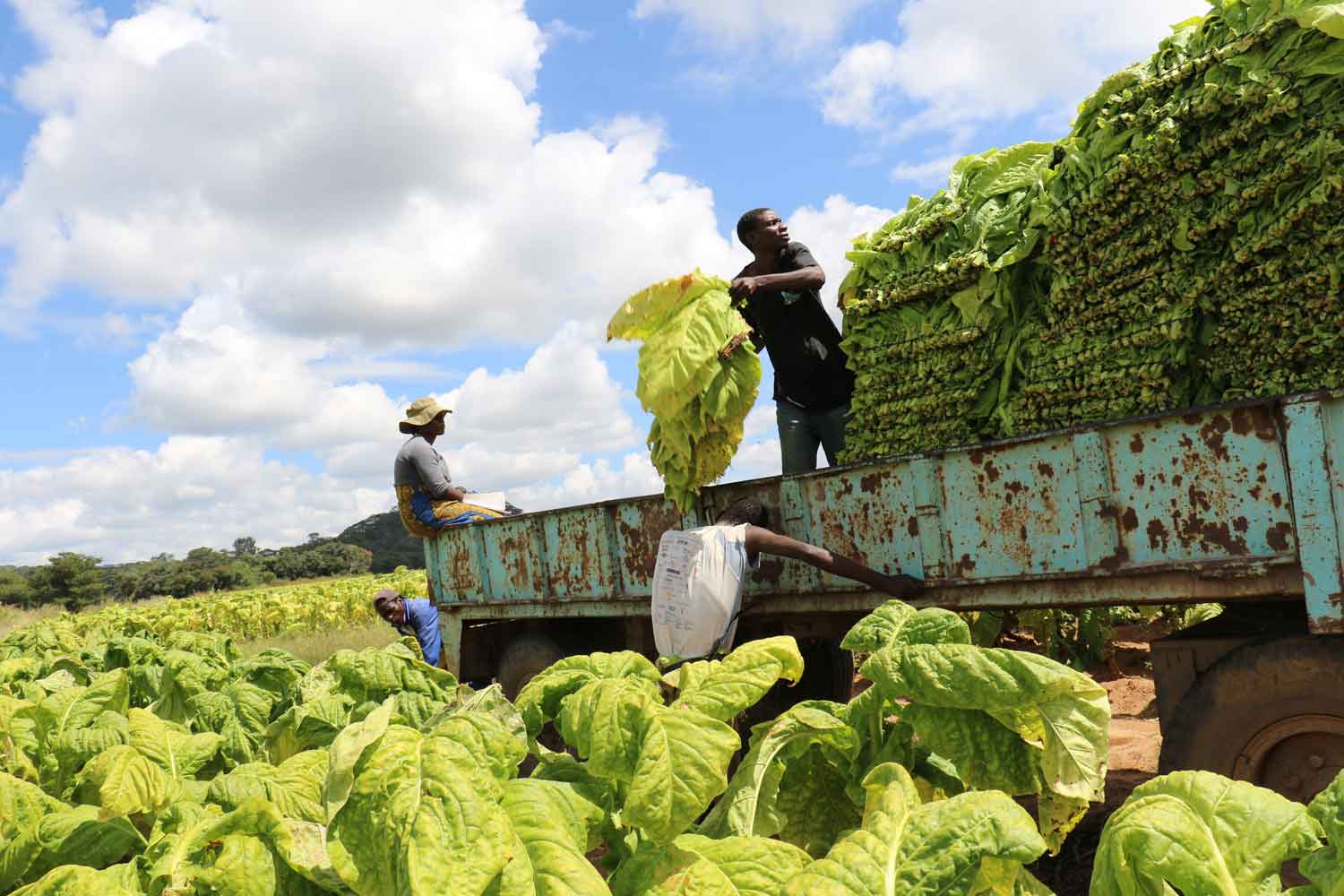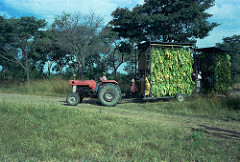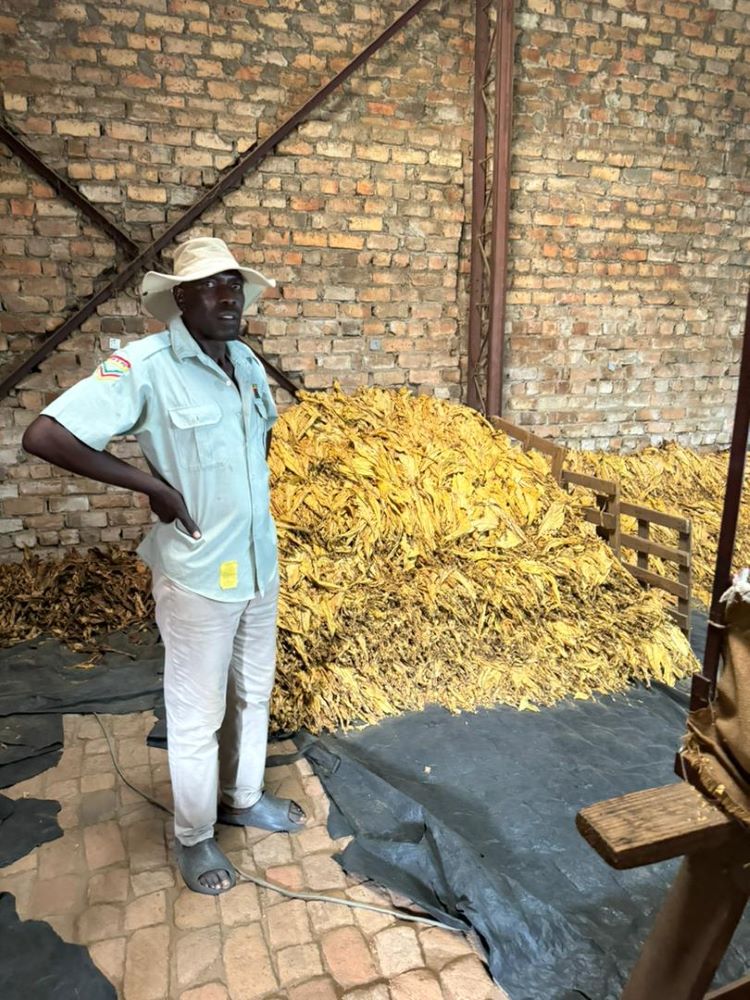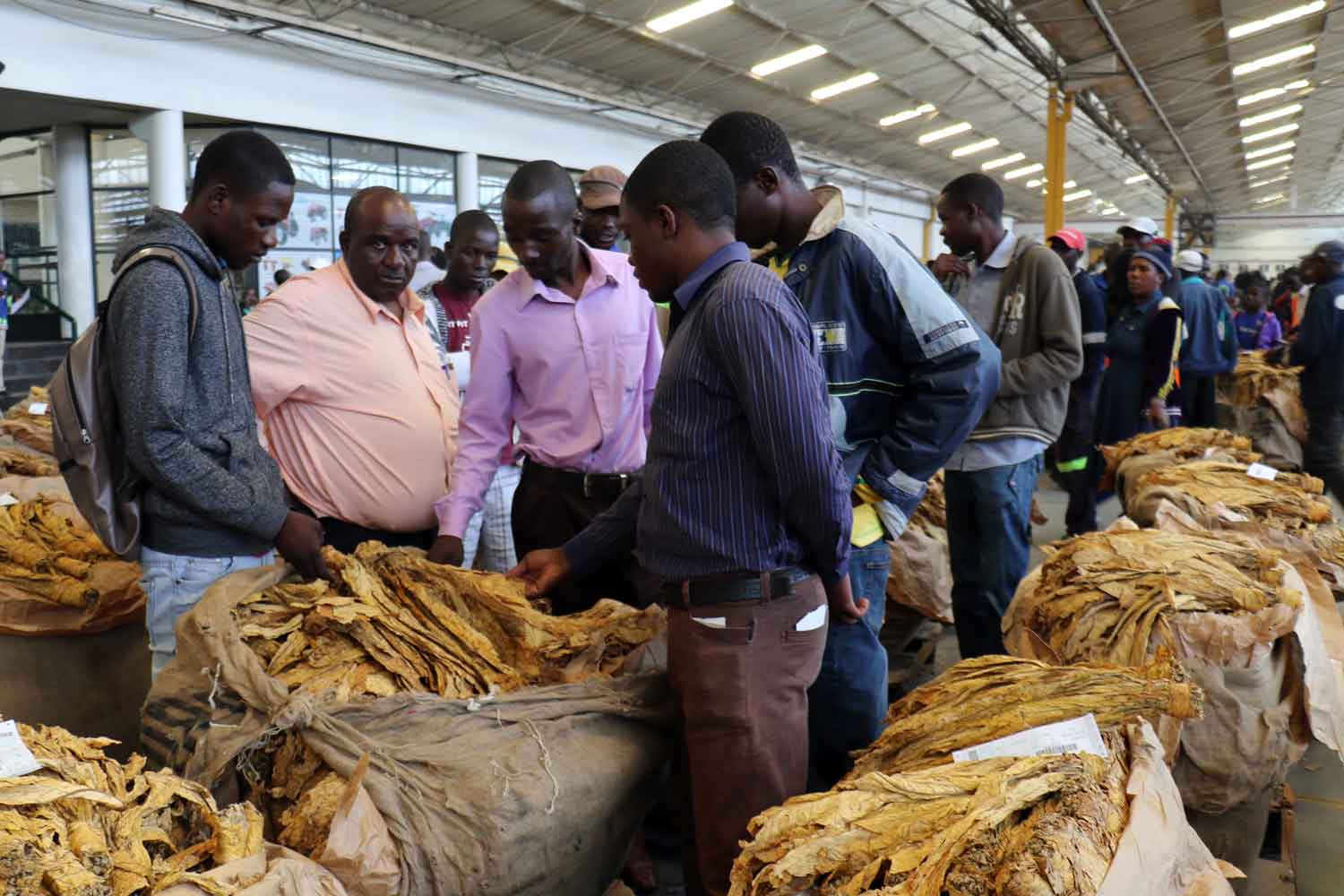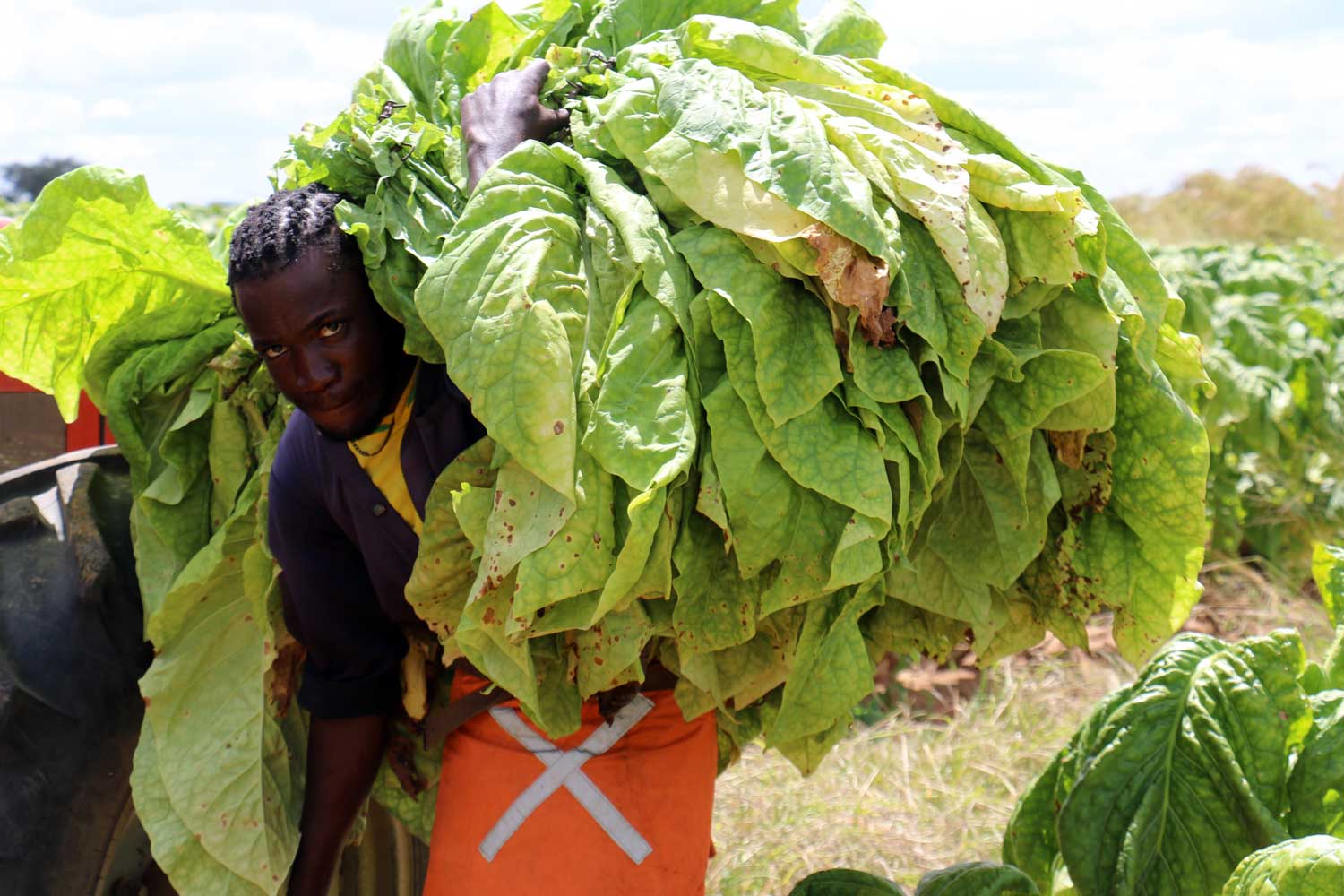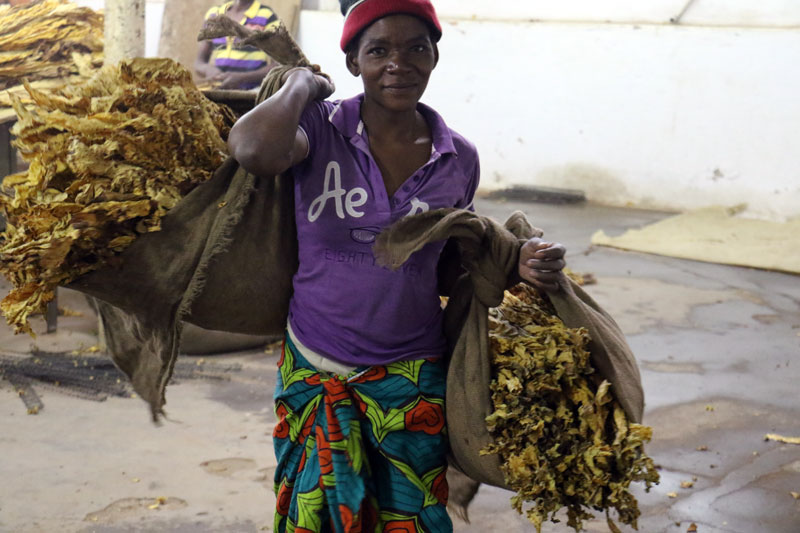Zimbabwe’s 2025 tobacco marketing season is underway, with 85 million kilograms of the crop, valued at $292 million, having gone under the hammer. Farmers are happy but expect prices to continue firming as the season progresses.
“While the season started slowly, we are witnessing a rise in tobacco deliveries and we are confident we will reach our target of 280 million kg this season,” Tobacco Industry and Marketing Board (TIMB)’s acting chief executive officer Emmanuel Matsvaire said. “The highest price offered to date has been $6.30/kg, with the average price sitting at $3.43/kg as of April 17.
“TIMB is proud to announce a significant milestone in the decentralization of tobacco production in Zimbabwe. For the second consecutive season, tobacco is being successfully grown in Marula, Mangwe district, Matabeleland South. This is an important step in expanding the crop beyond its traditional strongholds in Manicaland and Mashonaland provinces, [with] 122 small-scale farmers growing 84 hectares of Natural Cured Virginia (NCV) tobacco under a contract arrangement with Atlas Agri. The contractor has since established a local tobacco sales floor, which was inspected and approved by TIMB and will operate this marketing season.”
Despite the overall positives, stakeholders are concerned about side-marketing issues that continue to threaten the industry.
“Side marketing remains a challenge in the industry,” Matsvaire said. “Some growers sell their tobacco to middlemen, others sell tobacco produced under contract at auction floors using other farmers’ grower numbers. This practice undermines structured markets, while negatively affecting debt and revenue collection, and exposes growers to low value and exploitation.”
TIMB is also working toward keeping more tobacco processing in the country, as it loses billions of dollars of revenue by exporting semi-processed tobacco.
“The target was to increase value addition and beneficiation of tobacco into cut rag and cigarettes production from 2% of total tobacco produced to 30% to increase of exports of cigarettes by 2025, and to date we have achieved 10.15%,” Matsvaire said. “More effort is being put by the government and private partners to increase value addition. Ten cigarette manufacturers with a combined production capacity of around 4.4 billion cigarette sticks per annum are operating in the country.”

